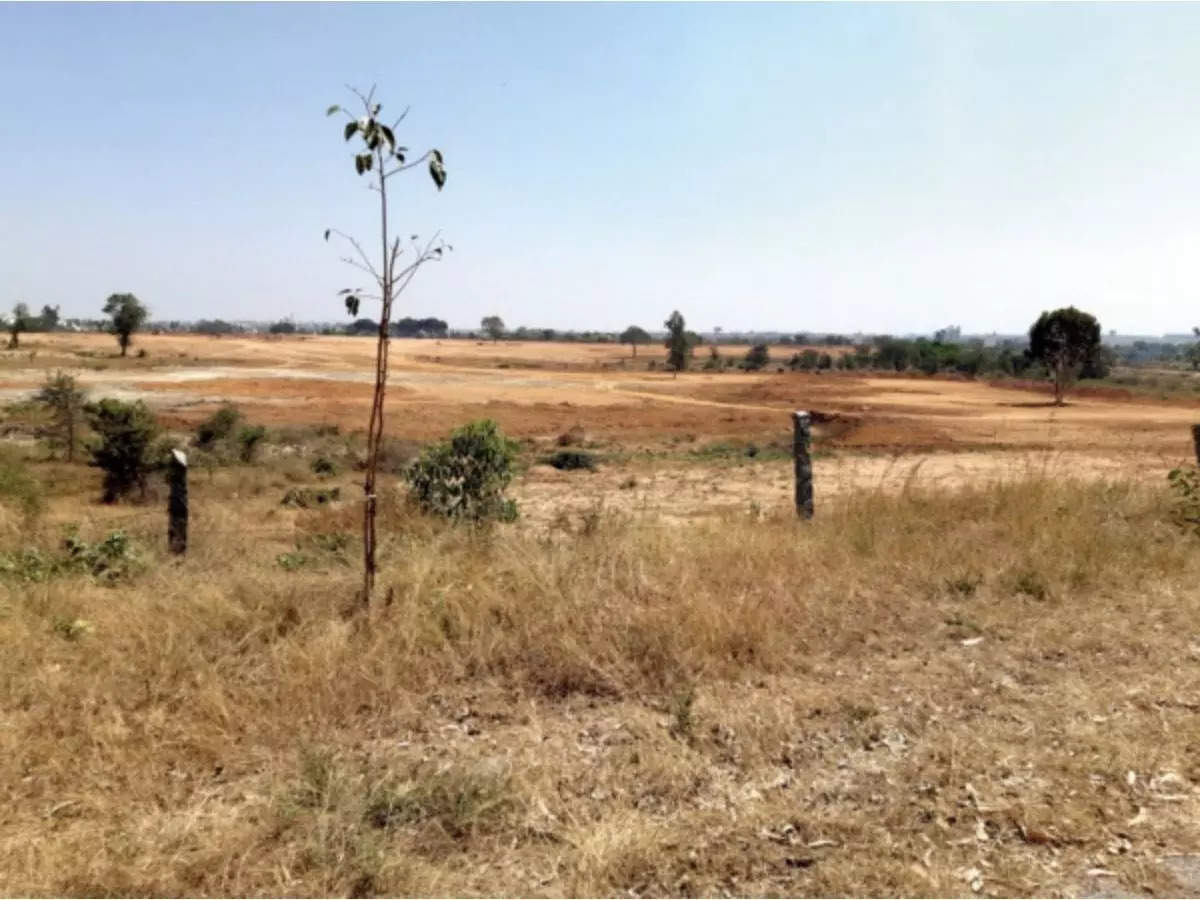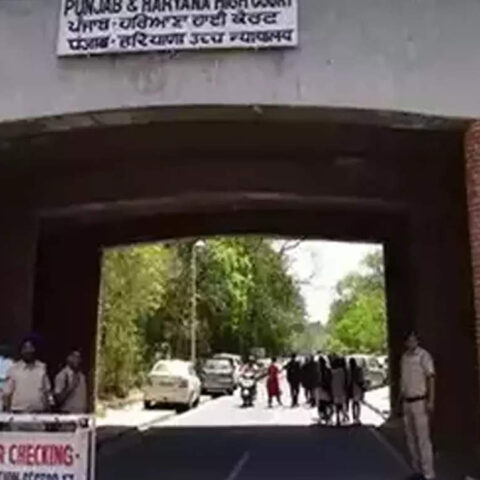
JAIPUR: As the new BJP government seeks to start with a clean slate, it is relooking at the land allotment policy. For the manufacturing MSMEs, cheaper land propels them to a promising start. But the existing system of allotment of through auctions runs counter to their expectations.
Auctions raise land cost and blunt business competitiveness, unlike preferential allotments based on circle rates with discounts. But preferential allotments come with their own pitfalls.
Currently, officials from RIICO are touring five states to collect information about their best practices and formulate its policy decision. TOI spoke with cross-sections of the industry to understand what is best for MSMEs..
Land Auctions: Costly Transparency
Currently, RIICO allots land to MSMEs or industries having less than Rs 500 crore investment through auctions. Projects having more than Rs 500 crore get land on preferential basis through customised packages. But MSMEs complain that when they purchase land through auctions, it becomes costlier and impacts the viability of projects.
“A big project can absorb certain escalation in land cost but not MSMEs, which always run a tight ship when it comes to cost structure. About 90% of industry in Rajasthan is in the MSME category. To facilitate them we need land at cheaper rates and preferential allotment is the way,” says Digvijay Dhabriya, chairman of PHDCC-Rajasthan.
Preferential Allotments: Pitfalls Galore
Most of the industry wants the auctions to go because small businesses cannot afford costlier land, but the preferential system has courted controversy in the past as the allotment decisions were dependent on RIICO officials.
To make the system transparent the previous Congress government introduced auctions. But it is hurting the state’s MSMEs. Suresh Agarwal, president of Federation of Rajasthan Trade and Industry said that it is a challenge to have both preferential allotments and auctions, but the government needs to create an innovative system.
“There are many ways to eliminate real estate play and attract genuine industries with a set of stringent rules. Also, preferential allotment should be driven by technology through digital systems, rather than human interface (govt officials). But there is no alternative to preferential allotment if the state wants to galvanise industrialisation in the state.”
High Land Rates: Stifling MSMEs Stride
Rajasthan has perhaps the largest land parcel in the country, but the rates for industry are as high as in developed states Maharashtra, Gujarat and others. This is a riddle yet to be understood.
K L Jain, president of Rajasthan Chamber of Commerce and Industry (RCCI), said, “For MSMEs, the land rates have to be cheaper by at least 25%. Even if somebody buys agricultural land, the conversion for the same is not easy. The process takes years and years. By the time one gets approval, the business cycle of the products is on the downhill path. Manufacturing creates large-scale job opportunities. That’s why the onus on the government is to make land available to MSMEs at cheaper rates.”
As the state government gears up for the December deadline for hosting the investors summit, pricing and availability of land will be a key question before the investors. That’s why the industries department is in a hurry to tick the box.









